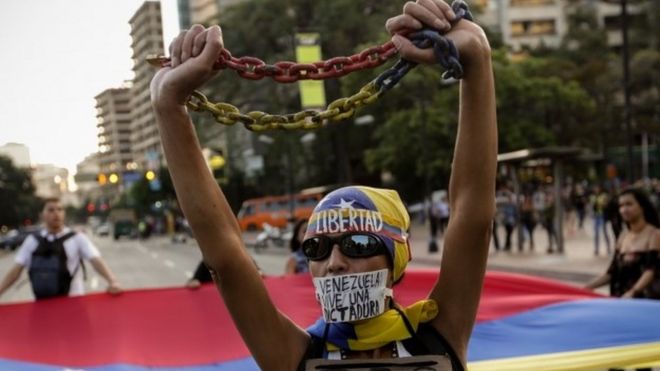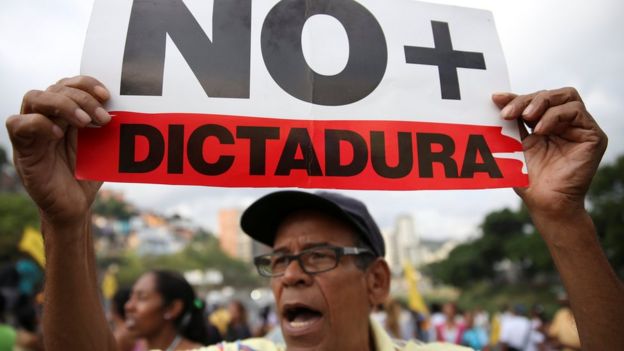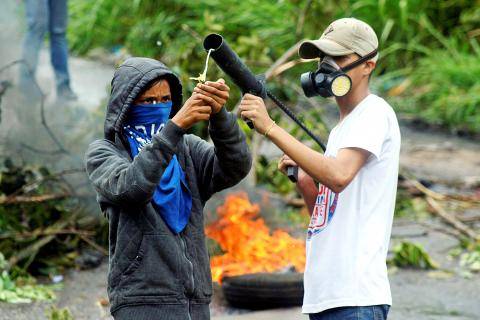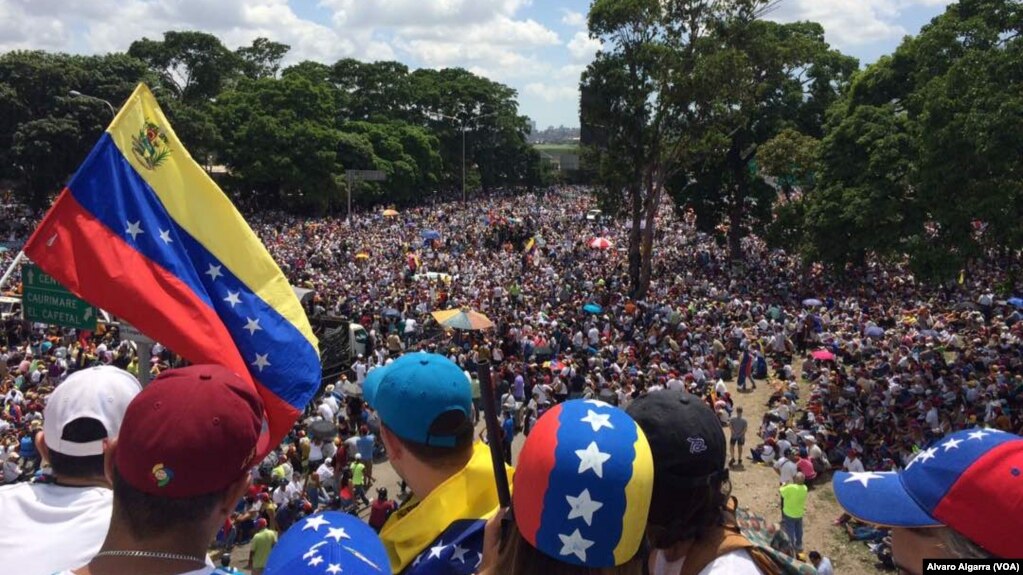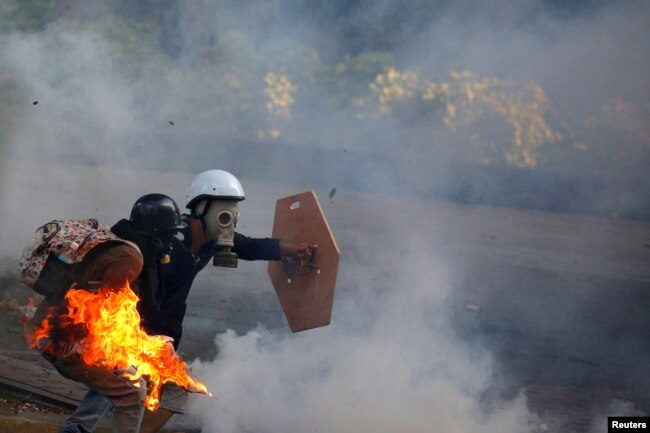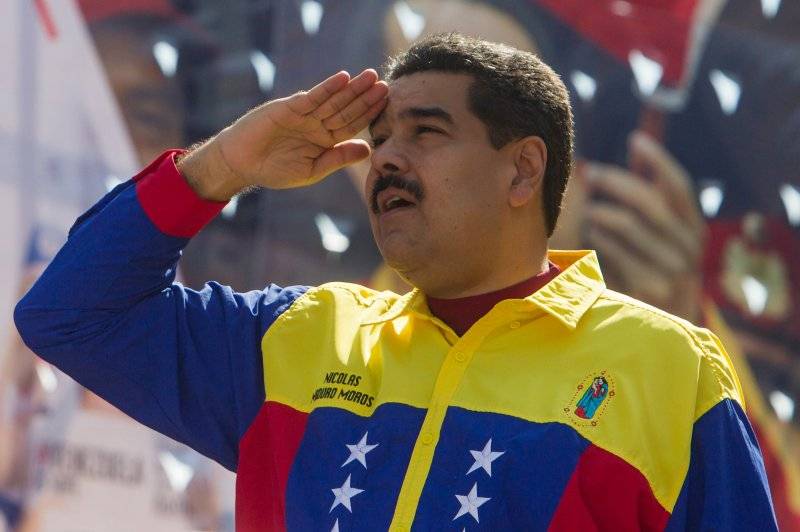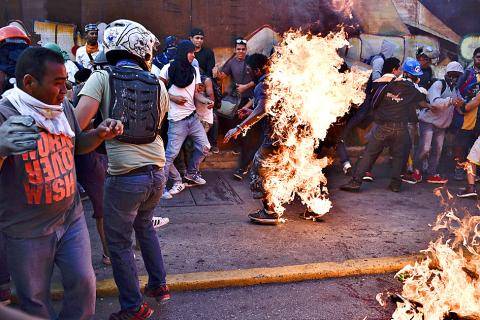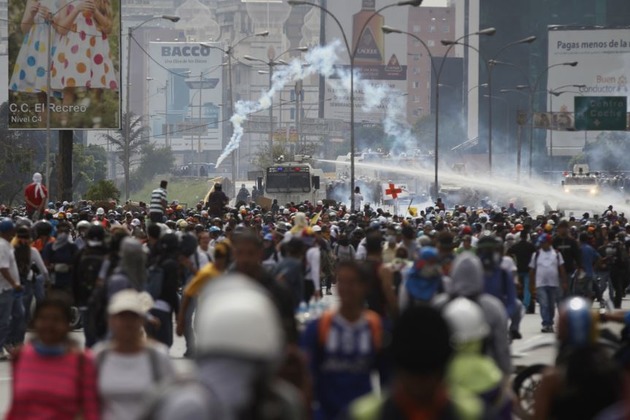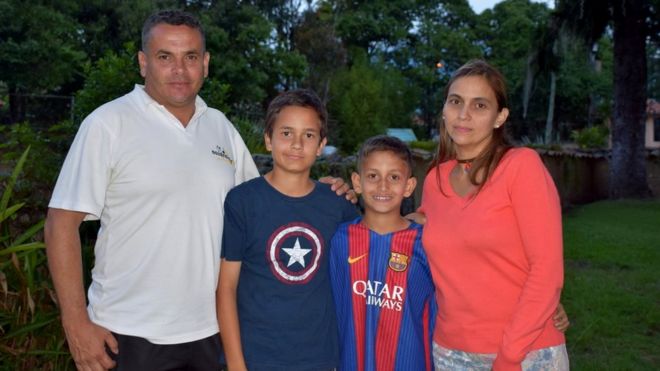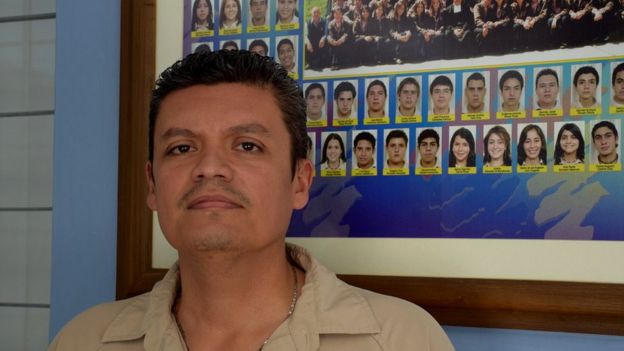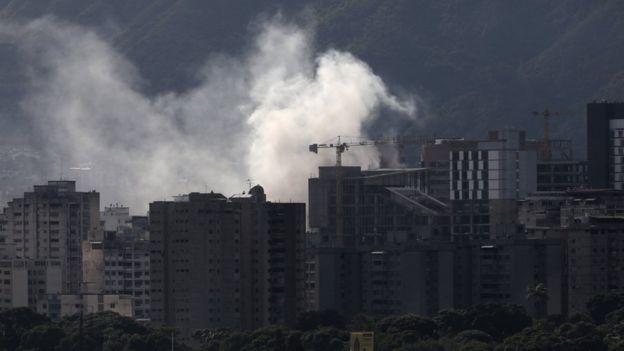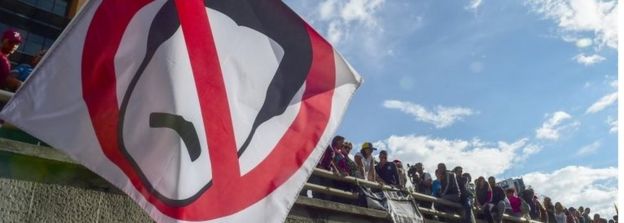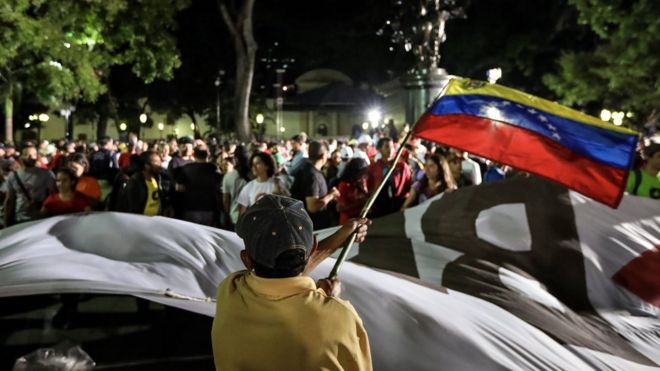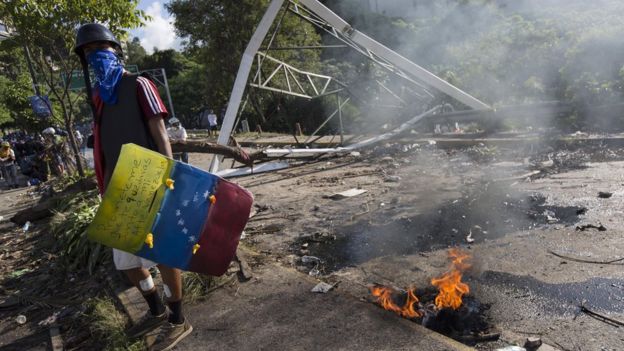It's truly hard for those of us living here in our comfortable homes with refrigerators filled with food and medical help just a few minutes away. What would it be like to turn your pets into food or to hunt down strays in the streets? An oil rich country where there is no gasoline and pumps are still. Where the military controls the food supplies, feeding themselves and their superiors first while the “plebes” suffer and starve.
All in the name of a socialist dictatorship.
The economic horror in Venezuela continues to unfold — the Bolivarian socialists have achieved the entirely remarkable feat of making Cubans flee the country in search of a better life. Seriously,
Cubans, from a poverty stricken socialist dictatorship are now leaving an oil rich nation in search of a better life. It takes a serious level of economic mismanagement to achieve that. That serious level being exactly the one thing that Venezuela has lots of, of course.
Read more of this sad story @ “La crisis” in Venezuela | Babalú Blog
All in the name of a socialist dictatorship.
The economic horror in Venezuela continues to unfold — the Bolivarian socialists have achieved the entirely remarkable feat of making Cubans flee the country in search of a better life. Seriously,
Cubans, from a poverty stricken socialist dictatorship are now leaving an oil rich nation in search of a better life. It takes a serious level of economic mismanagement to achieve that. That serious level being exactly the one thing that Venezuela has lots of, of course.
Read more of this sad story @ “La crisis” in Venezuela | Babalú Blog




